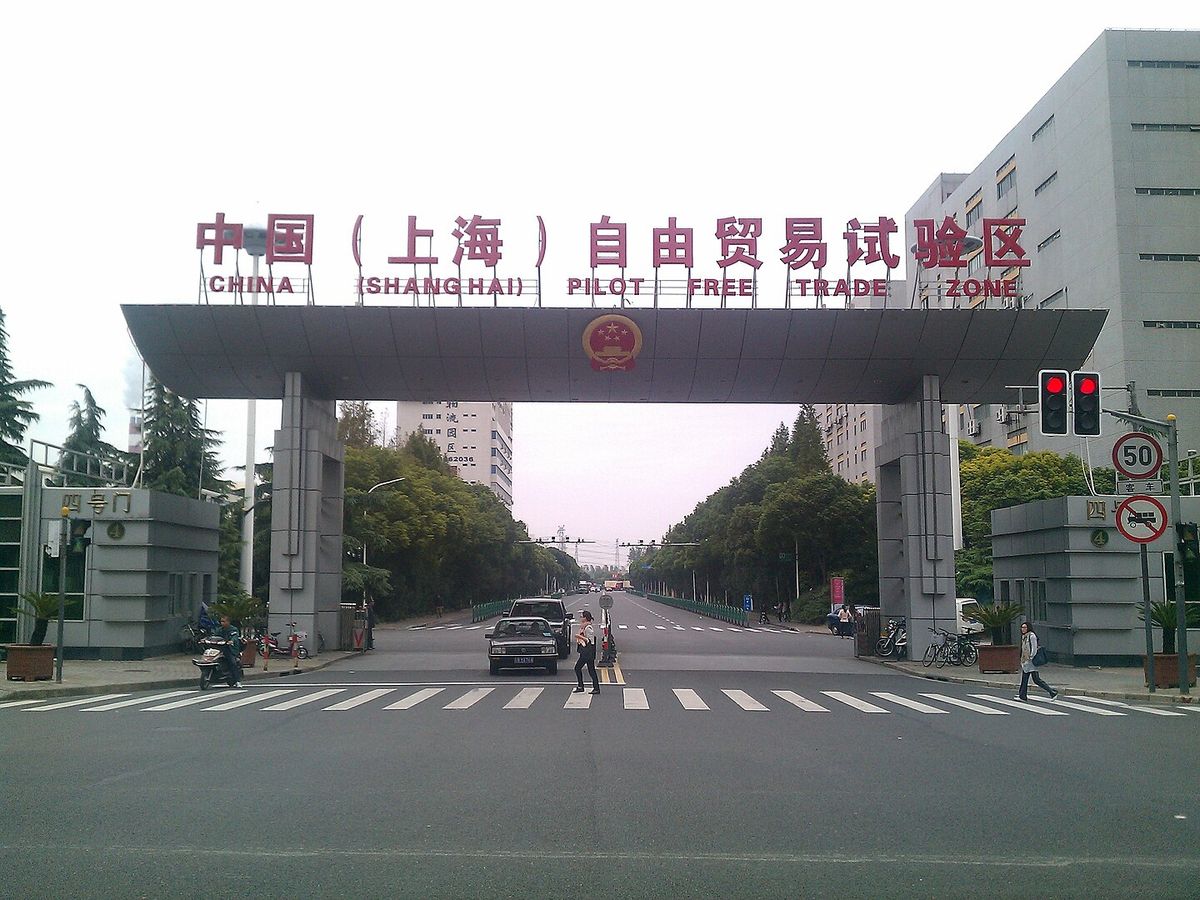Shanghai and Beijing Ease Capital Controls to Bring Back Foreign Investment

The Lede: Chinese authorities in Shanghai and Beijing said Thursday that foreigners would be allowed to move money freely into and out of the country, in what it called a significant shift toward relaxing its strict capital controls.
What We Know:
- China has been making efforts recently to attract overseas investment. Officials in Shanghai announced it was alleviating some barriers in order to allow foreign individuals and companies in a pilot free-trade zone to remit their funds without any restriction or delay. The officials said the funds must be "real" and "legally compliant in line with the foreign entity’s investments in China," without providing further specifics. The Shanghai free-trade zone is home to Tesla’s Gigafactory and the Chinese headquarters of hundreds of multinationals such as HP, AstraZeneca, and BlackRock.
- Shanghai officials said the new allowance covers employees from Hong Kong, Macao, and Taiwan, who under the arrangement would be eligible to remit funds from the Shanghai free-trade zone under the new rules. The Shanghai Municipal People's Government issued the new rules for that city's pilot free-trade zone.
- Beijing's municipal government proposed similar regulations and pledged to facilitate cross-border fund flows for foreign businesses. That city's regulations also include measures to make the transfer of data overseas easier for foreign companies. Last Monday, the governor of the People’s Bank of China (PBOC) Pan Gongsheng, chaired a meeting with representatives from major foreign companies including JP Morgan, Tesla, HSBC, Deutsche Bank, and BNP Paribas. The symposium aimed to increase financial support to help stabilize foreign trade and investment and to improve the investment environment for foreign businesses.
- Statistics published last Sunday by the commerce ministry show that China’s measure of foreign direct investment (FDI) dropped more than 5 percent in the first eight months of 2023 compared to 2022. On Tuesday, a survey from the American Chamber of Commerce in Shanghai showed that 40 percent of respondents were redirecting or planning to redirect investments originally planned for China. Most investors are looking to Southeast Asia.
The Background: The news was announced just weeks after official data showed that FDI in the country had hit a record quarterly low amid a slump in business confidence. The government implemented strict capital controls in 2016 due to record outbound investments from China. Capital accounts in China are usually closed. This means that companies and individual investors are only able to transfer funds in and out of the country with granted exceptions to stringent rules. Along with COVID restrictions, U.S.-China tensions, and uncertainties stemming from anti-espionage and data-security laws, this factor has been an obstacle to those considering investing in China in recent years.
Likely Outcomes:
- This move could reassure some foreigners doing business in China who have been put off by the capital controls that have prevented the remittance of funds out of the country. Those who want to do so likely will start to use the processes as implemented by Beijing and Shanghai as soon as formal guidance becomes available. If this has been the major hang-up for some foreigners, then there could be increased business activity and investments as a result of these measures. However, the many uncertainties and geopolitical risks that weigh on the China market will likely continue to suppress investment and business despite these measures.
- Foreign individuals and businesses with funds in China that would be eligible for remittance may send their funds abroad and cut ties with the China market as the increasing tensions and risks have presented an unattractive environment. Effectively, this measure would be giving a way out for foreigners seeking an exit in recent times.
Quotables:
“If China wants to keep or further attract more foreign investment, it needs to give investors more certainty – including more transparent policies and fulfilling the promises it has made in the past.” – Ding Shuang, chief Greater China economist at Standard Chartered Bank
Good Reads:
China relaxes capital controls to entice badly needed foreign investment (CNN)
China woos Tesla, JP Morgan and other Western companies as foreign investment slumps (CNN)
